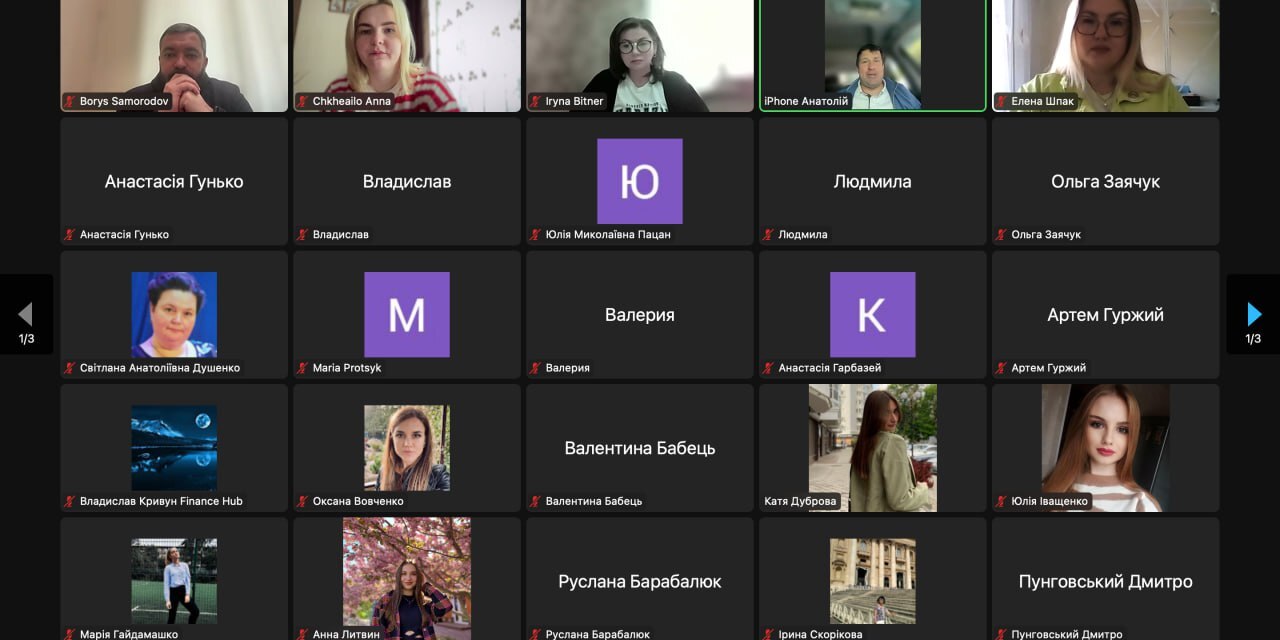Karazinites on the Frontline: Oleksiy 'Ascetic'
.jpg)
Alexey "Ascetic" is a graduate of Karazin Kharkiv National University. He voluntarily mobilized to defend Ukraine in 2014 and from the first day stood in defense of the country during the full-scale invasion.
Currently, Alexey holds the position of commander of the anti-aircraft missile battery in the 3rd Brigade of the Operational Assignment "Spartan" of the National Guard of Ukraine.
Before Ukrainian Volunteer Day, we spoke with "Ascetic" about his life before the war with Russia, about his military path. The conversation contained many poignant moments about the war, brothers-in-arms, and values.
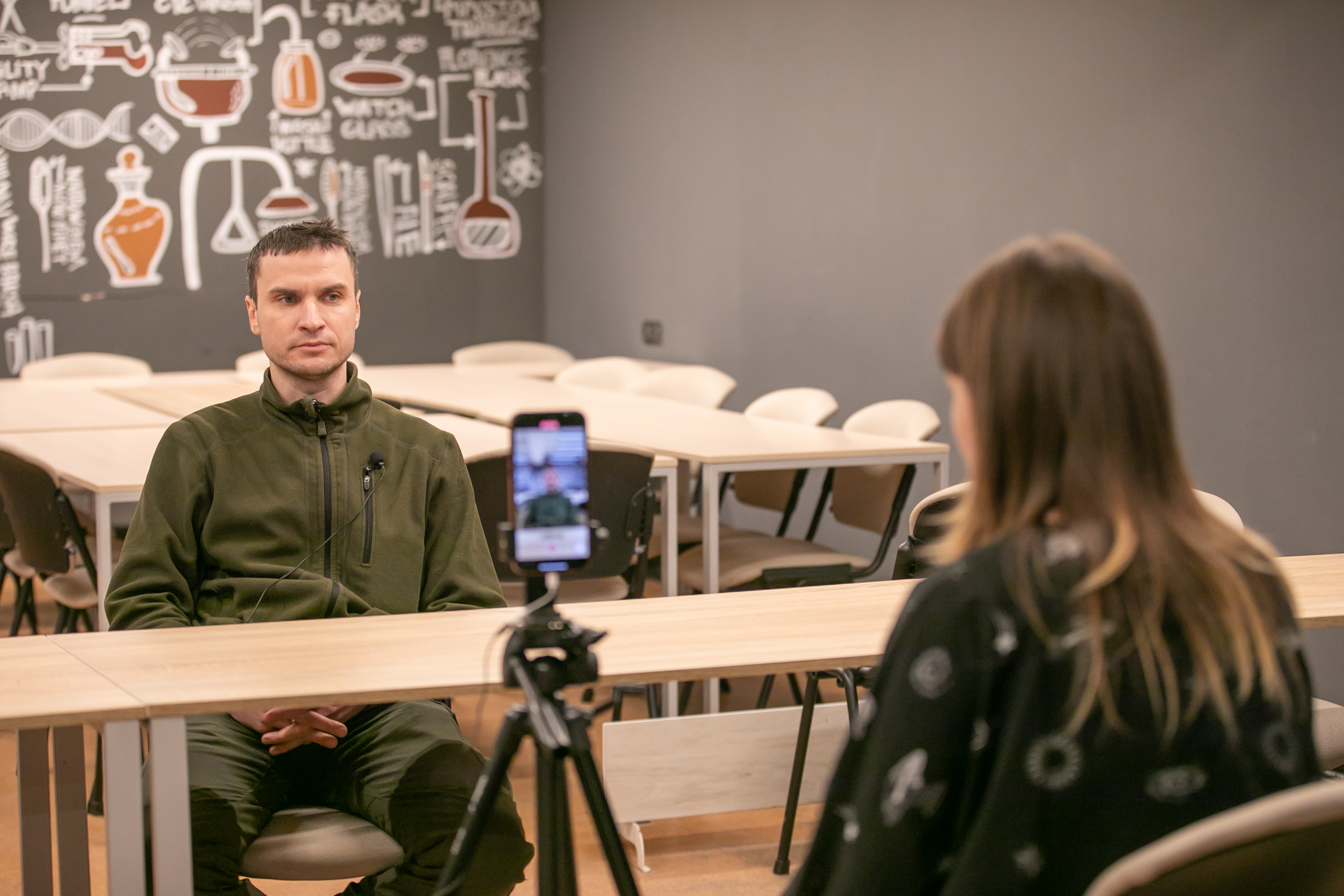
Kharkiv National University is joining efforts to support Alexey and his comrades. Currently, they need equipment for vehicles: a towing cable (54 t) and a hydraulic floor jack (3 t).
Donations can be made to the following bank account:
Bank card number: 5375411216462890
The goal is 10,000 hryvnias.
About myself before the war with Russia, what did I do?
I graduated from Kharkiv National University in 2009, studying at the School of Geology and Geography (now the School of Geology, Geography, Recreation, and Tourism) specializing in Geology, and worked in this field. I worked at the Ukrainian Scientific Research Institute of Natural Gas in the Department of Geoinformation Technologies and Geological Modeling from 2009 to 2014.
In 2014, when the first wave of mobilization was announced, I was immediately mobilized on March 18th and served for a year. Then I returned to work and worked there again until the full-scale invasion on February 24th. Once again, on the very first day when the Motherland called, I returned to service.
What direction are you serving in?
Since returning from Bahmut in March of last year, I took on a promotion — I became a battery commander and now spend more time in Kharkiv.
I had assignments to Zaporizhzhia when our counteroffensive started in the Robitne area, and our brigade was tasked there. I spent a little over a month participating there. But now, I spend more time serving in Kharkiv.
Can you tell us about the specifics of your current work? As a civilian, you're a geologist, so what are you doing in the army?
In 2014, there was an interesting story. I graduated from the military department at Kharkiv National University of Air Forces named after Ivan Kozhedub. Still, my specialty "Processing and Decryption of Air Reconnaissance Data" was not relevant at that time. When I arrived on the first day, the military enlistment offices were empty. There was the military commissioner, his deputy, and a few girls. So, they needed to recruit a large number of people. Well, I came, and I was immediately mobilized to the military enlistment office.
I immediately wrote reports that I wanted and felt capable of participating in combat operations, but they didn't transfer me anywhere. Then they took me out of the establishment altogether because they had recruited too many people. They could have demobilized me then. But I wanted to continue serving and fighting, so I stayed. Everything that the regional military enlistment office, and the civil defense department, offered me at the time. They found out that I understood maps, and they decided I could be useful there.
I served in the civil defense department at the regional military enlistment office. I tried to transfer to combat units, but it only worked out in mid-August when we received an order from the command to send two officers to the 25th Airborne Brigade to participate in the ATO. Since we already had reports expressing our desire to participate in combat operations, my friend and I went to participate in combat operations. I underwent my first combat baptism in 2014. I took part in combat operations in such settlements as Debaltseve, Nyzhnia Krynka, Zhdanivka, Kamyanka, and Nikishyn. Then the assignments ended, and I served in the military enlistment office. Then I went for demobilization.
And as for the full-scale invasion, how did it start for you?
On February 24th, the war caught me at home, my backpack was ready for about two weeks. Since I was in the first line of military reserve, I received the summons on the 23rd. On the 25th, I was supposed to go to our Chuhuiv's 92nd brigade.
So, I had the summons in my hands, and I had to go to the military enlistment office, but the military enlistment office didn't respond. I lived in North Saltivka. A kilometer from me, battles were already taking place, and I could hear explosions. And I didn't know what to do.
And since 2015, my photo has been hanging in my school: it's written who I am and what combat actions I participated in. And I understood that if the Russians invaded — they would see all my data at school and come for me at home. So, staying at home was not an option, but the military enlistment office didn't respond. Finally, I managed to get through and went to them. And that's how I ended up in the 3rd Brigade of Operational Assignment.
I also want to say that before the full-scale war, I attended training sessions during the time I was working. I was called up for a month / two weeks, where I improved my knowledge and skills in military affairs and visited various brigades. There, we socialized with acquaintances; we had a veterans' association of the ATO in the Kharkiv region. So, we knew each other through this association. On the stairs, we saw familiar faces, one friend said, "Let's go to the anti-aircraft missile-artillery division. I served there; it'll be cool there." I said, "But I don't know anything about it." He said, "Don't worry, we'll teach you." And that's how I ended up in that division, serving and fighting in the specialty of "MANPADS."

What motivated you to join the military?
In 2014, I saw the war as a cancerous tumor. I understood that we needed to localize this disease so that it wouldn't spread further. I thought it was better for me to go there, and stop them, rather than do nothing, allowing them to spread across the country and take over us all.
The motivation was to protect my country, my city, and my loved ones.
After two years of war, what keeps you motivated to persist and continue fighting?
In principle, it's the same. Protecting my loved ones, my people... My people...
What are the biggest challenges you face on your military journey? What would you like to share?
If we compare this to 2014 when we didn't even have uniforms at the military enlistment office, now from the first day, we were issued winter uniforms, boots, and even a brush. When I joined the brigade, we had brand new BTR-4 and proper armor. By the time of the full-scale invasion, we were more prepared in terms of equipment, knowledge, and skills.
As for challenges... I can't say there were challenges at the beginning because we had weapons and protection, everyone got bulletproof vests, and supplies were available (both from the army and volunteers). We felt the support of our people, and I can't recall any significant problems we faced.
On the flip side, is there a heartwarming story you'd like to share?
It's from interacting with the local population. Their attitude towards us. Their care... And you see in their eyes how they perceive you, how they talk to you, always trying to help in some way.
And the children. It was most touching when I came home on leave. Near Lyubotyn, I visited relatives and saw there an improvised checkpoint made by a boy. He had a toy gun, he built some anti-tank hedgehogs from branches. And he was drawing pictures there, even Paw Patrol was there.
He didn't ask for anything, but he earned money with his drawings and collected for the soldiers. It was very touching and moving. I could barely hold back tears when I saw that.
What's the most memorable story from the war for you?
I wanted to boast that I fired a MANPADS at a plane in Bahmut. Personally, with my own hands, I launched a MANPADS missile at an enemy aircraft.
I'll tell you chronologically. It happened that on February 24, there was a moment when they were looking for someone to be "on the spot," at the observation post. There was information that an enemy column with armored vehicles wanted to come from the direction of Ruskaya Lozovaya. Two people were needed to sit around the ring road, warn about this column, and adjust the fire. Considering that this was away from the main forces, and you were there only with one other person, closer to the enemy than to your own, not everyone agreed.
My partner and I went there, and for the first month, I wasn't a MANPADS operator, but "on the spot" there. On the first night, we didn't see any columns, some self-propelled artillery or a tank approached, they fired a few shots ("battle reconnaissance"), I reported, and a decision was made to open fire to suppress them. That's what we did, and that was the end of that day. There was no advancement of the enemy column that day. But still, we had tasks like "stay there, stay there," maybe something else will happen. We went for one night but stayed for over a month.
During this time, the people with MANPADS shot down an enemy SU-34 on March 6, there's even a video. There were two crews: one conscript, a young guy from MANPADS "Perun" shot, and the other crew—there were mobilized ones who just learned how to use it: they were shown in the basement how to make the launch, where to aim. And it happened that they saw that plane in another thermal imager, aimed, and made the launch, hitting it.
Then our other crews in the direction of Kutuzovka and Stary Saltiv shot down two drones. And I was still on observation duty all that time.
At that moment, when I started my service directly with MANPADS, aircraft rarely flew into Kharkiv and the region. For a long time, throughout 2022, we were ready to shoot down aircraft, but we didn't see any planes or drones. We saw their work, for example, when NARs (unmanned aerial vehicles) flew in. We suffered from enemy artillery, MLRS every day, somewhere a skirmish broke out. There was only one desire — to fulfill our task, but there was no opportunity for such. I wanted to make a launch.
Then in the summer, there was an episode — we wanted to shoot down an "Orlan" with MANPADS. Once we almost succeeded. The MANPADS "Perun" missile was launched, but we didn't shoot down the Orlan. It was very disappointing... And it made us want to hit aircraft even more.
Then there was a counteroffensive in the Kharkiv region, around mid-September, we drove the Russians out. And then it was more or less calm. We moved to the borders and defended there until the new year. But there were no such intense actions as in the summer.
Then the brigade received an order—we moved to Bahmut. And for contrast: in the Kharkiv region, I didn't see any planes or drones for many months, and here, during the day, there were 2–4 flights. On the very first day, January 25, we saw drones, but they were too far to aim at. And on January 27, I made a launch with a MANPADS. The feelings were very, very pleasant, like "finally." For understanding the specifics of air defense, it would be good if the launch was made. For us, completing the task means not only destroying the air target. For example, when an enemy aircraft flies and the pilot notices a missile flying toward him, he no longer thinks about how to hit the designated target but only about how to save himself. In such a case, the task is considered failed. In our division in Bahmut, there were 5 confirmed targets (video). Suppose the war ends now, we already have something to be proud of.
And in Zaporizhzhia, besides "trifles" (drones), they also destroyed an enemy helicopter. My partner, who was "on the spot" with me at the beginning of the war, did it. I want to emphasize his bravery. After all, being "on the spot" together is risky. There might be injuries, and there's no one else there except you...
About this guy, I want to tell you a bit. He fought since 2014 when he was 18. He fought on Savur-Mohyla in the "Da Vinci" unit and defended Donetsk airport. He joined the full-scale conflict from day one. Together with him, we performed dangerous tasks. In Bahmut, he fired shots with MANPADS, but there was no confirmation. But in Zaporizhzhia, he shot down an enemy helicopter. Unfortunately, in early January, when the group was returning from a mission, there was an explosion on an anti-tank mine, and sadly, he died. Now we are recommending him for an award. His name was Lev Chinyakov. I hope he will be honored. I am very glad that he hit the target after all. His death was not in vain. It's very sad, but that's war.
Every soldier must be prepared to possibly die. But I believe it's better to die with a weapon in your hands on the battlefield than to be hit by an S-300 missile somewhere. No one knows what fate has in store for them.
Have your personal beliefs changed during the war? Share some thoughts, changes in values, in worldview.
All of this was already in 2014. When the troops first appeared in Crimea, I understood everything. I understood who the Russians are, what to do with them, and that we need to fight. Although I have many relatives and acquaintances in Russia, sorry, friendship is friendship, but this is our home, and they shouldn't meddle here.
I called the military enlistment office from the first days of March, and on March 14, I was already at the assembly. Mobilization had not yet been announced, but I was already somehow helping.
There was a change in values when I saw the war for the first time in Donbas. I saw what quiet life is like, people go to work — it's like a soap bubble. And at any moment, a shell explodes, and no one goes to work anymore. Property that you considered valuable, an apartment that costs thousands of dollars, when a shell explodes near it — it's no longer needed by anyone.
You only have your life and values — that's all you can take with you. And the things you accumulated all your life may just stay there. You won't have time to take them.
There was also a reevaluation regarding communication with relatives. Yes, you can always argue with them, not talk for a day, two, three. But when there's war, and at any moment, you might die, it will be very regrettable if you die and don't talk to your loved ones. And with such a heavy heart, you die in a fight... I realized that such troubles are not worth paying so much attention to. It's important to communicate with relatives and maintain good relationships with them.

In your opinion, how can civilians support the military? What should we do to improve your situation?
If we're talking about girls, helping with fundraising for drones, or something that helps destroy the enemy. But fundraising should also be filtered. Maybe someone just wants some new outfit. If it's a special unit, then yes, everything is important for them. Undoubtedly, fundraising for drones, for copters — this is a must.
For guys — it's the same. Everyone healthy should also be preparing to replace us. Because we have losses, and someone needs to replace them. It's not necessarily that if you're mobilized, you'll go storming positions. There are many other specialties that are needed. But still. If... I was at the military enlistment office in 2014, I understood that I was a soldier. And a soldier—comes from the word "war". At any moment, they can send me somewhere, or the war can come to me.
You must be prepared to fight regardless of your specialty. You get mobilized—they assign you a weapon, and you must be ready to use it.
Here's some advice—prepare just in case. Maybe not even for the military. Maybe someday they'll attack from another direction, and you'll be left in occupation, you'll have to do some guerrilla fighting, stop some convoy, get some trophy weapons. You need to know how to use it, be proficient with civilian weapons. You can buy an AK, which will shoot single shots up to a 50th caliber. It's expensive, but it's an option. Even hunters with their weapons can stop a fuel truck, a convoy, get some ATGM or RPG. But if you haven't even watched any videos on YouTube about how to use them, when a tank comes out—you'll have a rocket launcher, you can destroy this tank. But because you weren't prepared and don't even know which way to aim the rocket—you'll aim somewhere, shoot, and the rocket will fly to your side. It's not superfluous to prepare. Because people are tired, many have been injured. People also want to take a break.
Tell us about what skills you gained from your university education
I studied hard and obtained a red diploma for both bachelor's and master's degrees. I came to work, and all this was needed. Knowledge and skills were valued. Besides the specialty, higher education gives you an understanding that you are an educated person. You understand in communication that you are a more cultured and intelligent person. It's nice, and it's felt very often. But: real higher education, when people study, not just sit because their parents forced them. Sometimes people without higher education have read more books and know more than those with "such education." But in reality, higher education gives a lot. Doors open up.
Do you still have friends or acquaintances from university?
We communicate with classmates. Sometimes we meet. We also celebrated graduation and defended our diplomas at the Pechenizke reservoir in Stary Saltiv.
It's very painful when many places are associated with your memories, and then orcs appear here and start ruining everything. And you open the map and notice, "Oh, they're running right where we used to relax." I so wanted to drive them out of there. And to return to those places, reminisce about youth, and nostalgia, and gather with the same group.
By the way, I know that my classmates also take part in combat operations. Another graduate of the faculty from our work, died while liberating Kharkiv region in 2022.
What is Karazin University to you in a few words?
Karazin University is the gateway to life.
Do you have any plans for the future?
No, I don't plan like that. Right now, I'm just trying to do my tasks the best I can. I think: maybe tomorrow a rocket will hit, or maybe they'll send me somewhere on a mission, and I won't come back.
For now, I'm focused on bringing victory closer. If you plan something else, spend time on it —we'll lose then. Then what was the point of planning everything else? It just won't happen, and that's it.
Now you can give advice, guidance, and wishes to Karazinites and the entire community that will see your story. What would you like to say?
The advice is this — don't be afraid to try something new in life. Pursue your dreams and be prepared for anything. Enjoy life because who knows what tomorrow holds. Don't be afraid—it's all in your hands. You need to work every day, learn languages, be an expert in your field. And don't forget about your loved ones, family, our country, and the future.
It's important to understand that life is just a moment compared to the history of our country. And if you don't do anything now, the next generations won't see the places you've been to, which you considered your land, your Homeland. Of course, we want to reclaim all our lands. But for now — it's important not to give the enemy any more lands. The enemy is strong, he has a lot of technology. There, you need skills and knowledge. And for that, you need to learn.




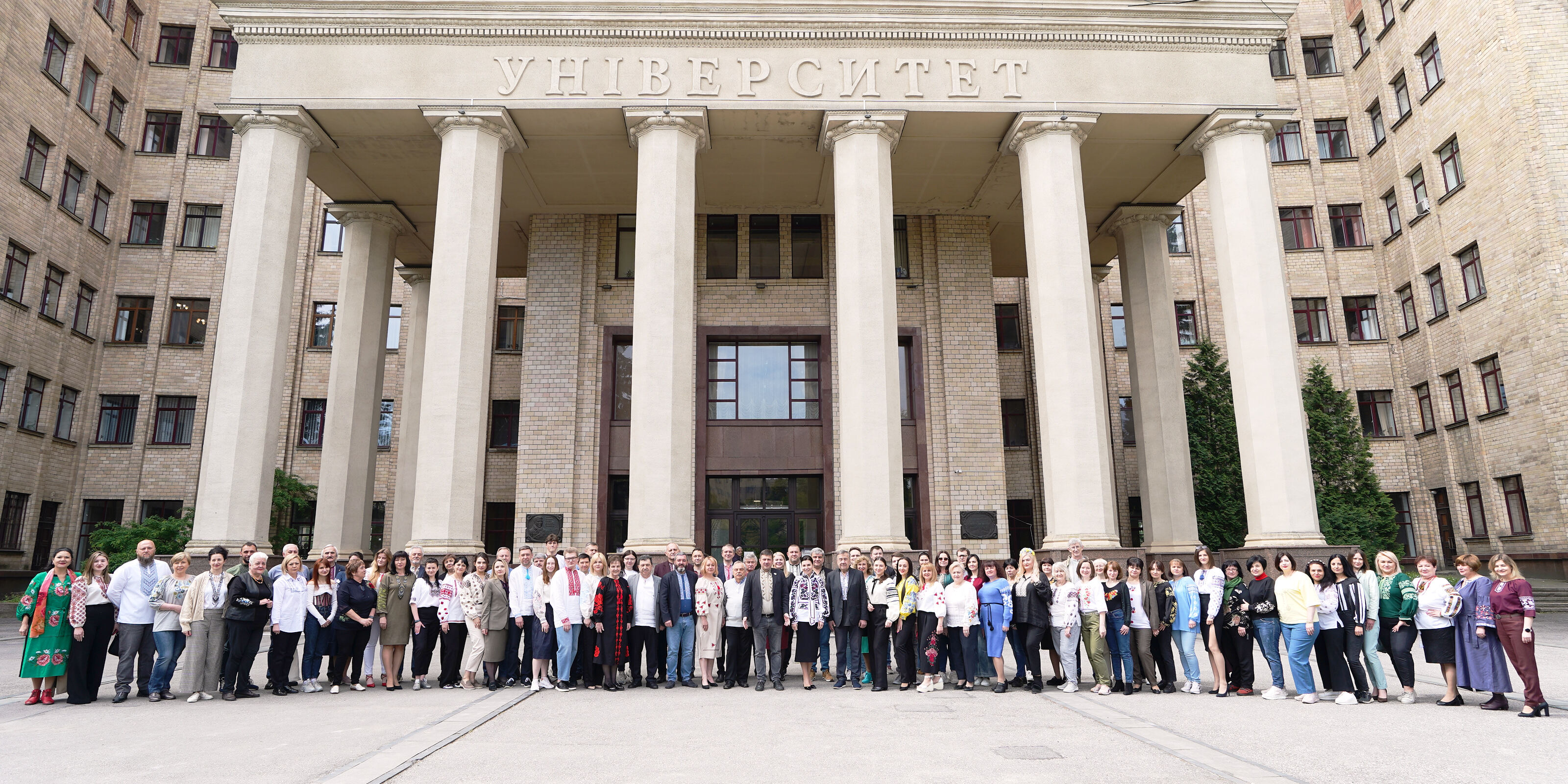
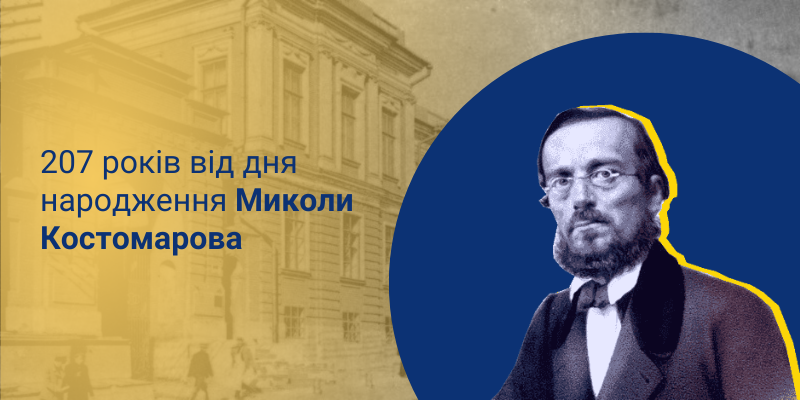
.jpg)
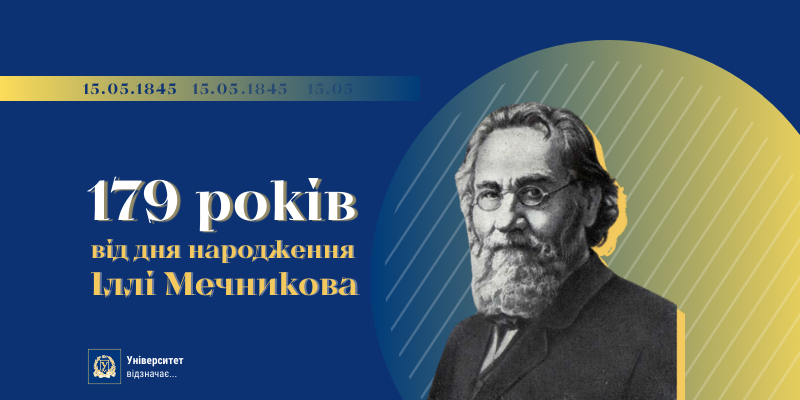

.png)
.jpg)

